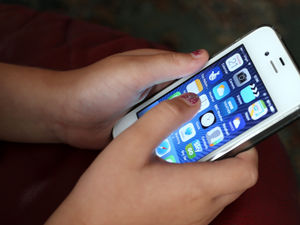Sitting in dimly lit rooms all day might make you more forgetful
Rats subjected to dim light performed worse in spatial tasks too.

Scientists think that spending too much time in dimly lit offices could be making us less able to remember, learn and perform basic spatial tasks by physically changing the brain.
Researchers at Michigan State University were studying Nile grass rats, a species that sleeps at night. Two groups of rats were exposed to either dim or bright light over a period of four weeks.
The rats who were faced with dim light, which mimicked cloudy days or typical indoor lighting, lost 30% capacity in the hippocampus, the area of the brain associated with learning and memory.
They also performed badly on a spatial task they’d previously been trained to do.

But after the dimly lit rats were given four weeks of bright light following the initial month, their abilities and hippocampus capacity completely recovered.
Antonio “Tony” Nunez, psychology professor and co-investigator on the study, said the spatial learning task was “similar to when people can’t find their way back to their cars in a busy parking lot after spending a few hours in a shopping mall or movie theatre”.
Dimly lit rats also had less of a small protein called brain-derived neurotrophic factor, which usually helps maintain connections in the hippocampus, which could explain the loss of ability.
This could help medics better treat the elderly who have eye problems and cognitive decline, if scientists could find a way to bypass the eye and trigger something in the hippocampus to provide these bright-light benefits to those with restricted eyesight.
Their paper was published in the journal Hippocampus and can be read here.





